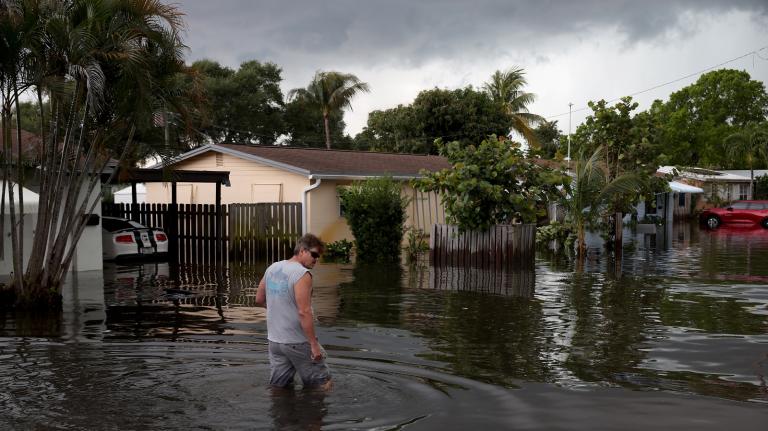
Friends of the Earth issued a statement today arguing against the Bush administration’s proposed $700 billion bailout of the troubled U.S. financial system.
“This financial crisis has exposed the right wing’s anti-regulation philosophy as an abject failure,” said Friends of the Earth President Brent Blackwelder. “This hands-off approach to managing the economy has resulted in greedy corporate titans getting rich on the backs of working people. This same philosophy is causing irreparable harm to the planet. And now we face a trillion-dollar taxpayer-funded bailout. Enough is enough.”
Rather than a bailout, the financial system needs “fundamental reform,” Blackwelder said, including greater oversight and regulation. He said that any government plan to deal with the crisis should require financial institutions to bear the brunt of the losses, and only the bare minimum in taxpayer funds should be used to keep the system afloat. He also argued that the government should acquire an ownership stake in the institutions it bails out, and should take the appropriate actions to restore regulation of the markets.
“The days of the fox guarding the henhouse, with corporate lobbyists writing the laws that regulate their industries, must end,” said Blackwelder. “And we must consider environmental impacts to be economic impacts as we move forward. While the risks posed to the economy by the current financial crisis are indeed dire, we also face long-term risks posed by the climate crisis. These problems are intertwined, and reforms of the financial system must take this into account.”
Sierra Club Executive Director Carl Pope also weighed in on the bailout proposal on his blog today: “The amount being talked about — $700 billion — is roughly equal to this year’s bill for imported oil. So if we really took ending our addiction to oil seriously, we could repay the Treasury for the bailout — and it’s hard to see any other pot of money lying around big enough.”


